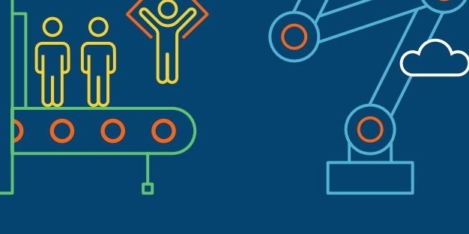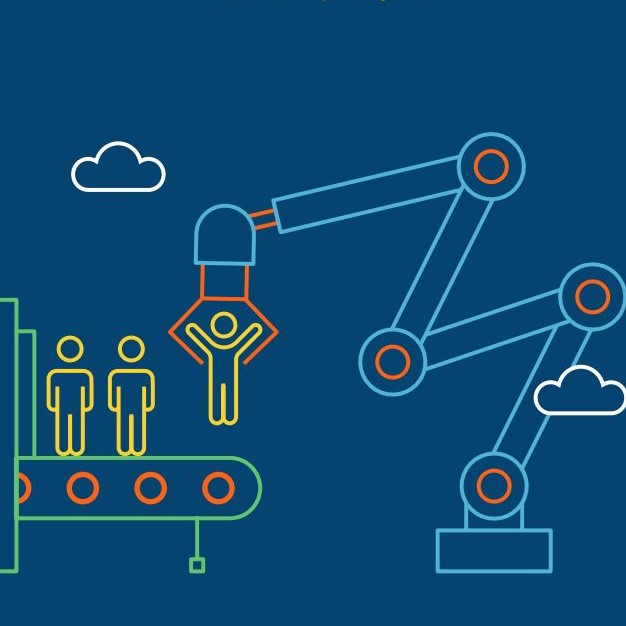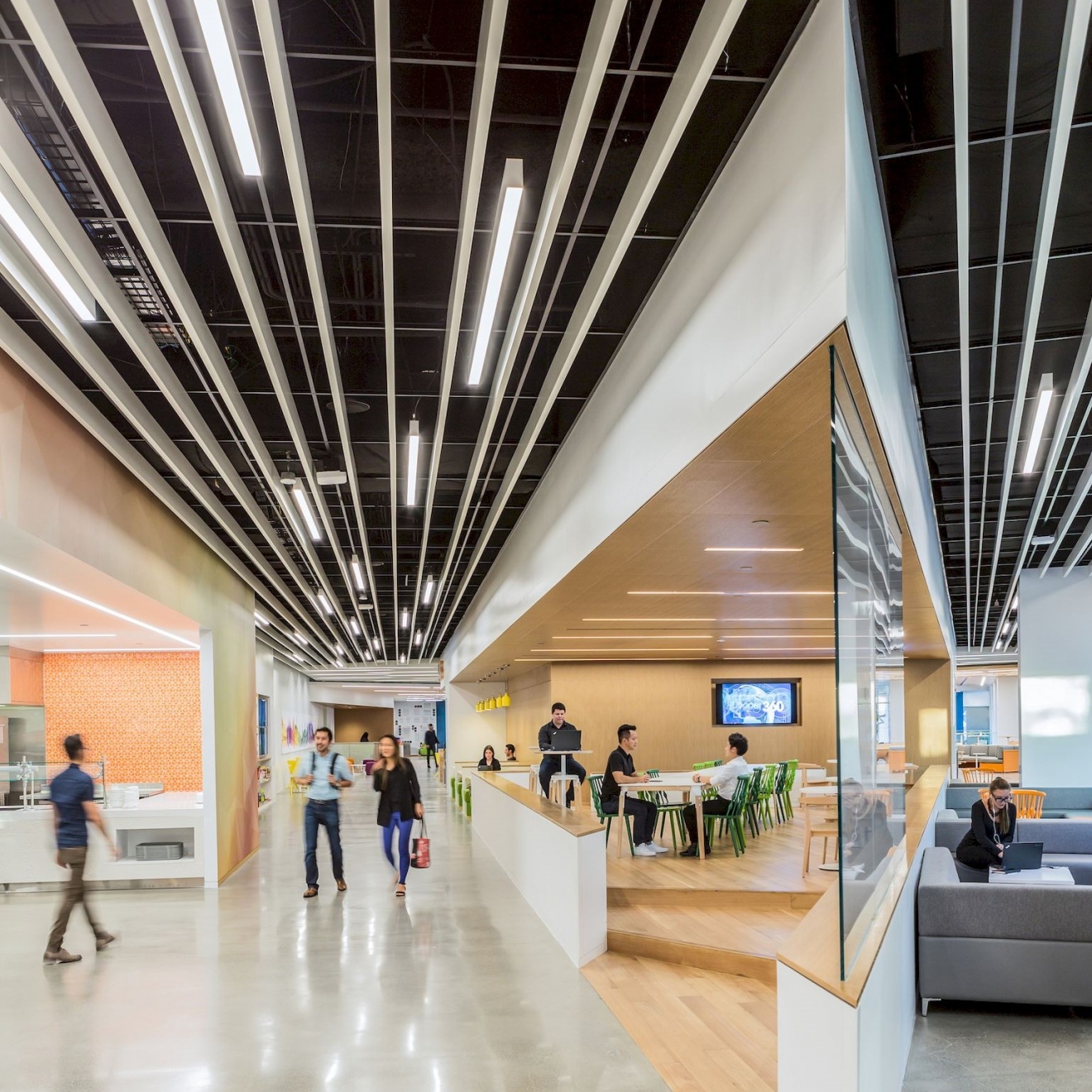December 11, 2019
Over half of firms believe their staff are ready to work with AI
 More than half (57 percent) of UK companies are confident their staff are prepared for an artificial intelligence (AI) enabled workspace according to a new report from Genesys. This is broadly in line with the attitudes of workers themselves, according to another report from the company which claims that 46 percent of people say they are ready to work with the technology. The latest survey claims that over half of employers (55 percent) think their employees are anxious that their jobs will be eliminated by AI. However, employers believe this fear is unfounded with only 11 percent saying AI will actually put jobs at risk. In fact, 51 percent of UK based companies don’t anticipate any major staffing changes as a result of AI, despite recent headlines that portraying it as a threat to jobs. (more…)
More than half (57 percent) of UK companies are confident their staff are prepared for an artificial intelligence (AI) enabled workspace according to a new report from Genesys. This is broadly in line with the attitudes of workers themselves, according to another report from the company which claims that 46 percent of people say they are ready to work with the technology. The latest survey claims that over half of employers (55 percent) think their employees are anxious that their jobs will be eliminated by AI. However, employers believe this fear is unfounded with only 11 percent saying AI will actually put jobs at risk. In fact, 51 percent of UK based companies don’t anticipate any major staffing changes as a result of AI, despite recent headlines that portraying it as a threat to jobs. (more…)

































December 11, 2019
Tech trends to watch that will disrupt 2020 and beyond
by Dave Coplin • AI, Comment, Public Sector